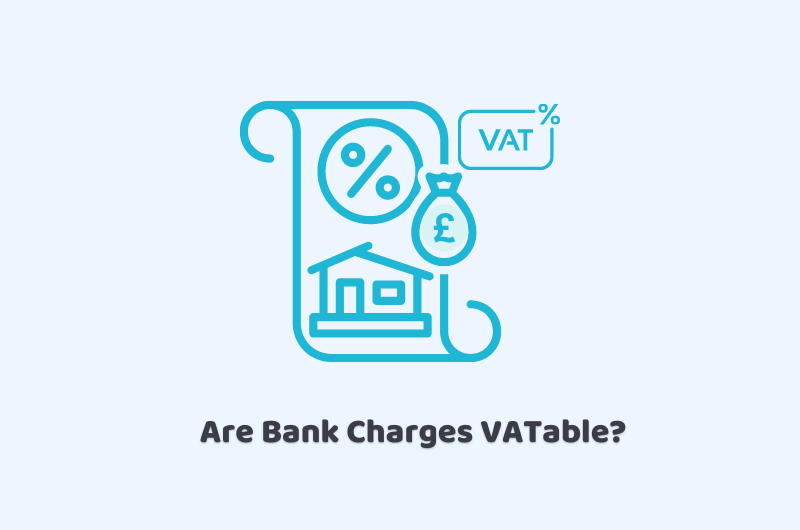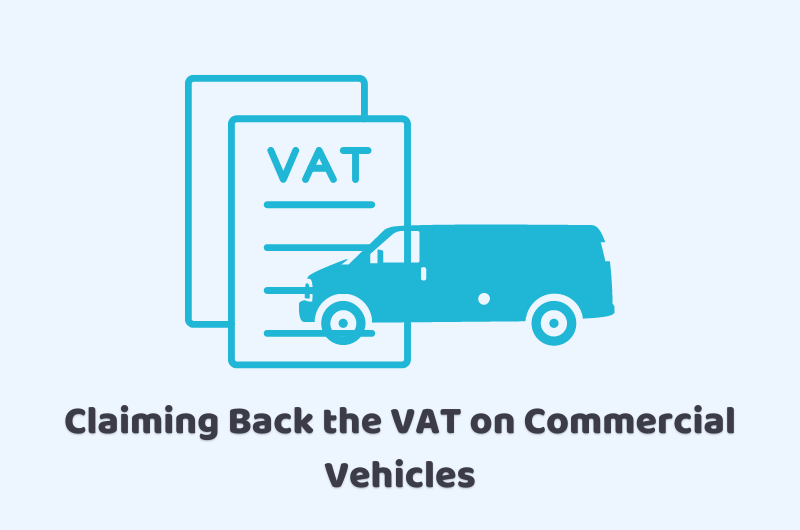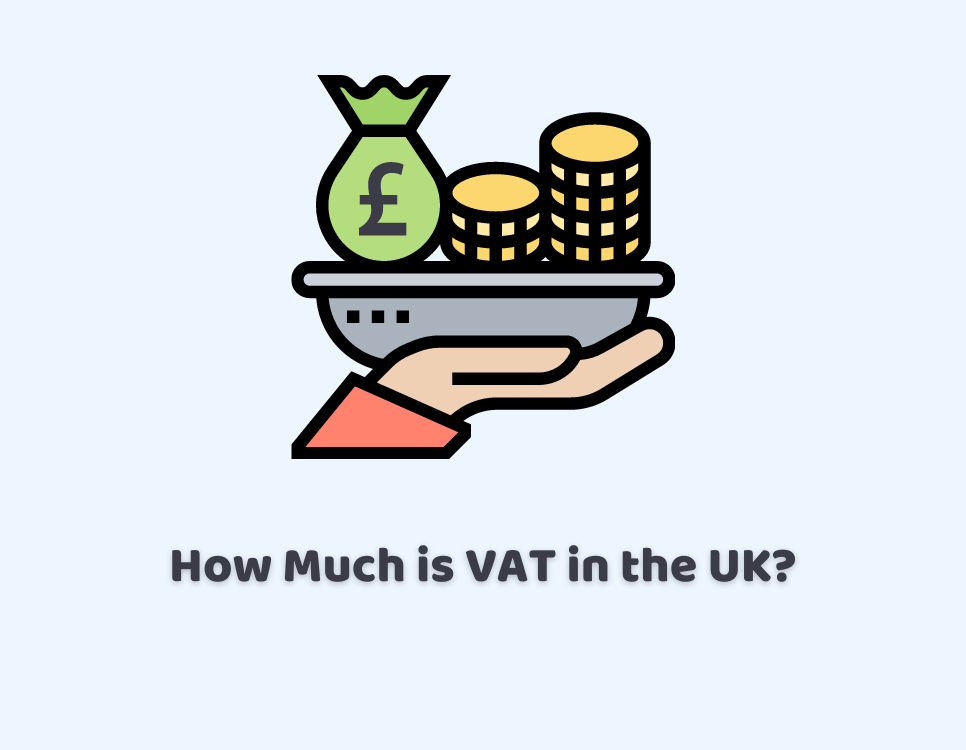
23/08/2022Accounting
The majority of people ask the question “Are Bank Charges VATable in the UK?” This question is frequently asked by people who file their tax returns to the HMRC. The bank charges are the expenses of the taxpayer and you might want to get relief and claim a refund on these bank charges. So, we are going to discuss if you need to pay VAT on your bank charges and if can you claim VAT from the HMRC. So, let’s start!
Seek no further help after contacting CruseBurke’s team of experts and advisors and managing your business, finances and taxes with peace of mind and within your budget.
What are Bank Charges?
Typically, every business charges the customer for selling their goods and services. Similarly, banks charge for the provision of their financial services to their clients. This fee covers the minimal amount for the transfer of funds, providing loans and paying an interest rate on the savings.
Are Bank Charges VATable?
The simple answer is No. The bank charges are not VATable in the UK. So, HMRC will not remind you for paying VAT when filing tax returns. So, you cannot claim a refund from HMRC because bank charges are exempt from the VAT.
This is because they are not delivering any goods to the customers. Instead, they are charging a minimal fee for providing financial services in different domains for your wealth management, funds transfer and providing loans and mortgages.
Which Bank Services are VATable?
The simple transfer of funds is exempt from VAT in the UK, However, there are some services where you have to pay VAT and so, you can claim a VAT refund from HMRC.
- The bank charges you for the investment, finance and taxation advice
- The bank is managing your portfolio
- The bank is providing you with depository and trustee services
- You are being charged for the service companies’ activities, for example, administration, payment of salaries and wages
- You are getting bookkeeping services
- You are getting debt collection and credit control services
- You are getting equipment leasing services
- You are getting professional merger and take-over advice
- You are getting registrar services from the bank
- You are using the executor and trustee services and the administration of estates
- You have paid for the safe custody and safe transportation services
- You pay for the management consultancy services
The Bottom Line
The bottom line is that you don’t need to pay VAT on the bank charges you have occurred. So, you cannot claim a VAT refund from the HMRC. Similarly, you cannot get a VAT relief from the HMRC when you don’t pay any VAT on the banking services. However, the banking services related to the packaging, collecting and delivery are VATable and you have to pay a VAT when you enjoy these banking services. You need to maintain a proper record of these services and calculate the accurate VAT for avoiding any inconvenience and penalty later when you file your tax returns.
Are you stressed about VATable bank charges? Feel free to contact our team of tax advisors and accountants to help you find accurate VATable charges on your bank charges.
Disclaimer: All the information provided in this article on Are Bank Charges VATable, including all the texts and graphics, is general in nature. It does not intend to disregard any of the professional advice.



